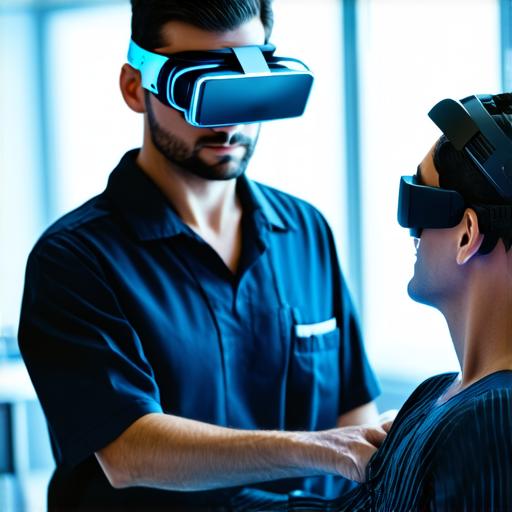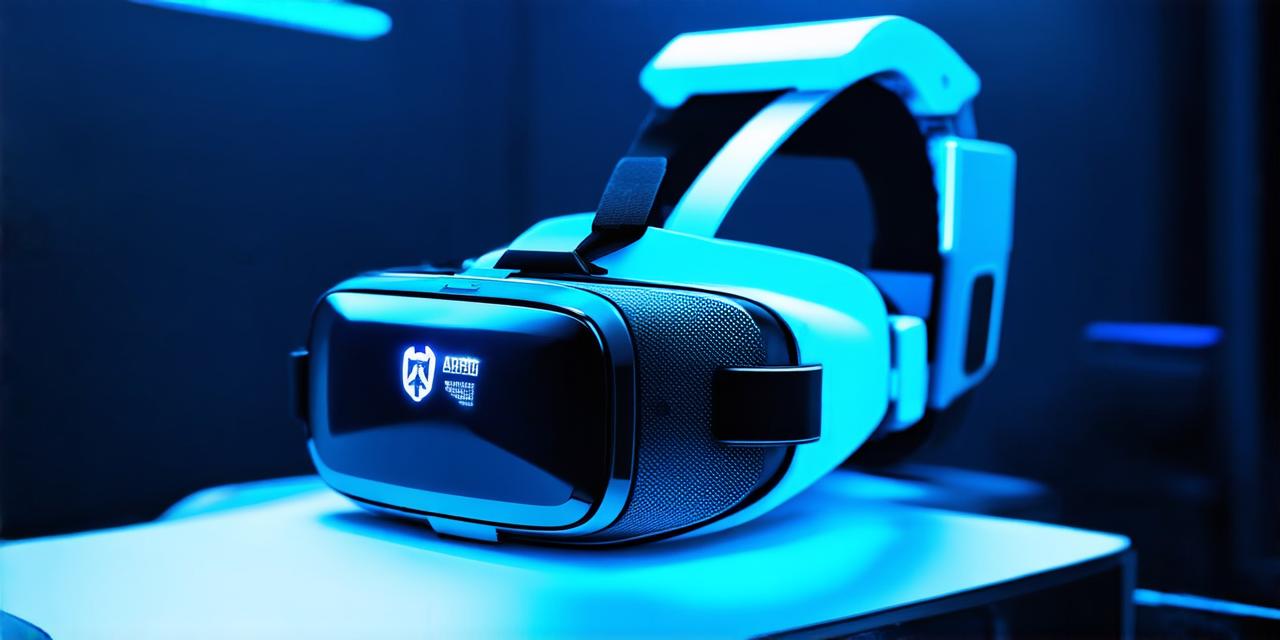Virtual reality (VR) technology has been around for a while now, and it’s time that healthcare started taking advantage of its capabilities. VR is an immersive digital environment that can be used to treat physical and mental health conditions. In this article, we will explore some ways in which VR can be utilized in the healthcare industry.
1. Pain Management
One of the most significant applications of VR technology in healthcare is pain management. Virtual reality can be used to create a relaxing environment for patients who are suffering from chronic pain. For instance, VR headsets can simulate calming environments like beaches or forests, helping to reduce the patient’s anxiety and pain levels.
2. Therapy
Virtual reality therapy has been shown to be effective in treating various mental health conditions such as anxiety, depression, and post-traumatic stress disorder (PTSD). VR can simulate real-life situations that trigger these conditions, allowing patients to confront them in a safe environment. This exposure therapy can help patients to overcome their fears and improve their quality of life.
3. Medical Training
Virtual reality is an excellent tool for medical training. It allows medical professionals to practice surgical procedures without risking the patient’s life. For instance, VR can simulate complex surgeries like cardiac or brain surgery, giving doctors and nurses a chance to hone their skills before performing these procedures on real patients.

4. Rehabilitation
Virtual reality can be used to aid in physical rehabilitation for patients who have suffered injuries or illnesses. For instance, VR can simulate everyday activities like walking or lifting objects, helping patients regain their strength and mobility. This technology can also be used to treat stroke patients by simulating real-life situations that they may encounter in their daily lives.
5. Mental Health Treatment
Virtual reality therapy has shown promise in treating mental health conditions such as depression and anxiety. For instance, VR can be used to create customized environments that cater to a patient’s specific needs. These virtual environments can simulate real-life situations or create entirely new ones that are tailored to the patient’s preferences.
Summary
Virtual reality technology has enormous potential in the healthcare industry. From pain management to therapy, medical training to rehabilitation, VR can be utilized in a variety of ways to improve patient outcomes and overall healthcare delivery. With continued advancements in this technology, we can expect to see even more innovative applications in the future.
